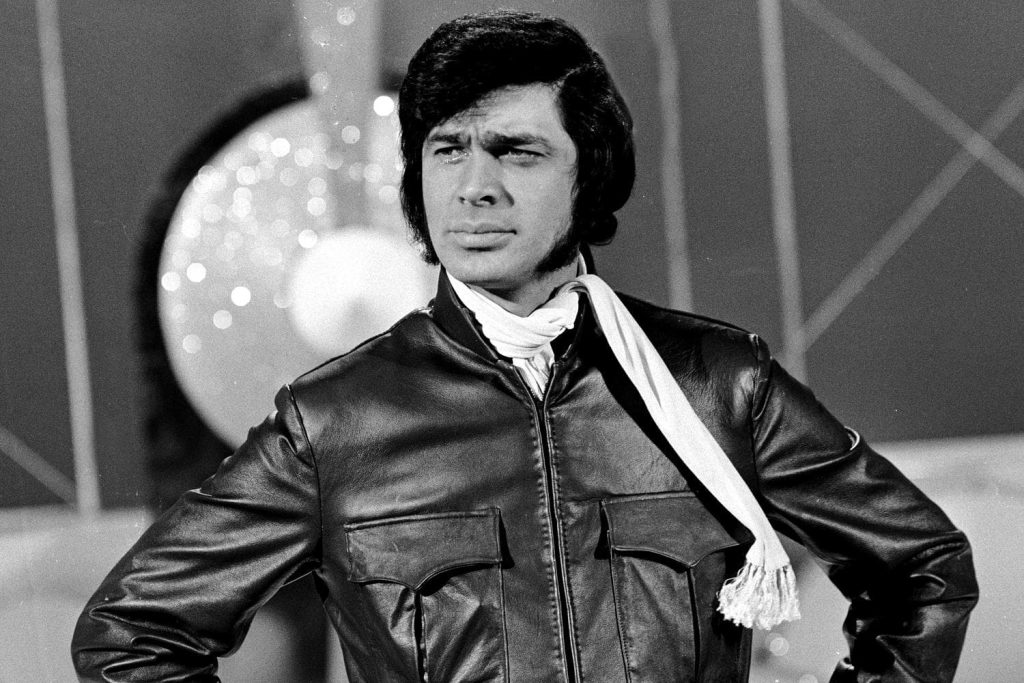
Engelbert Humperdinck: A Nostalgic Dive into “A Man Without Love”
Engelbert Humperdinck’s rendition of “A Man Without Love” offers a fascinating glimpse into the sonic textures of 1968, capturing the essence of romantic balladry that defined the era’s musical landscape. Originally an Italian song titled “Quando m’innamoro,” penned by Daniele Pace, Mario Panzeri, and Roberto Livraghi, the track was masterfully transformed into English by lyricist Barry Mason. This adaptation not only widened its appeal but also marked a pivotal moment in Humperdinck’s illustrious career.
Released in May 1968 by Parrot Records and featuring “Call On Me” as its B-side, “A Man Without Love” quickly ascended the charts, peaking at #19 on the U.S. Billboard Hot 100 and securing the #3 spot on the Easy Listening chart. Its success in the UK was even more pronounced, reaching an impressive #2. This track was the centerpiece of Humperdinck’s third studio album, also named “A Man Without Love,” which further solidified his reputation as a crooner of high regard and emotional depth.
Engelbert Humperdinck’s interpretation of “A Man Without Love” is characterized by its lush orchestration and Humperdinck’s rich, emotive vocal delivery. The production encapsulates the grandeur of late 60s pop music, with sweeping string arrangements and a gentle rhythm section that complements the vocal melody. This arrangement not only enhances the song’s melancholic mood but also showcases the dramatic flair that Humperdinck was known for.
The song’s lyrical content speaks to the universal theme of longing and the somber reality of unrequited love. The English lyrics, “I can remember when we walked together; sharing a love I thought would last forever,” evoke a sense of nostalgia and lost love, themes that resonated with many listeners during that time and continue to touch hearts today. This emotional resonance is a testament to Barry Mason’s adept songwriting and Humperdinck’s ability to convey deep feelings through his music.
“A Man Without Love” was more than just a chart-topping hit; it was a cultural touchstone that exemplified the romantic zeitgeist of the 1960s. Its impact was enhanced by Humperdinck’s international appeal and the song’s presence in popular media and cover versions by various artists, further embedding it in the collective memory of music enthusiasts around the world.
Today, “A Man Without Love” remains a beloved classic, a reminder of Engelbert Humperdinck’s enduring legacy in the music industry. It stands as a shining example of how a song can transcend its original language and cultural context to touch the souls of listeners across different generations, making Engelbert Humperdinck not just a singer, but a timeless narrator of human emotion.